Antipopes of the Antichurch
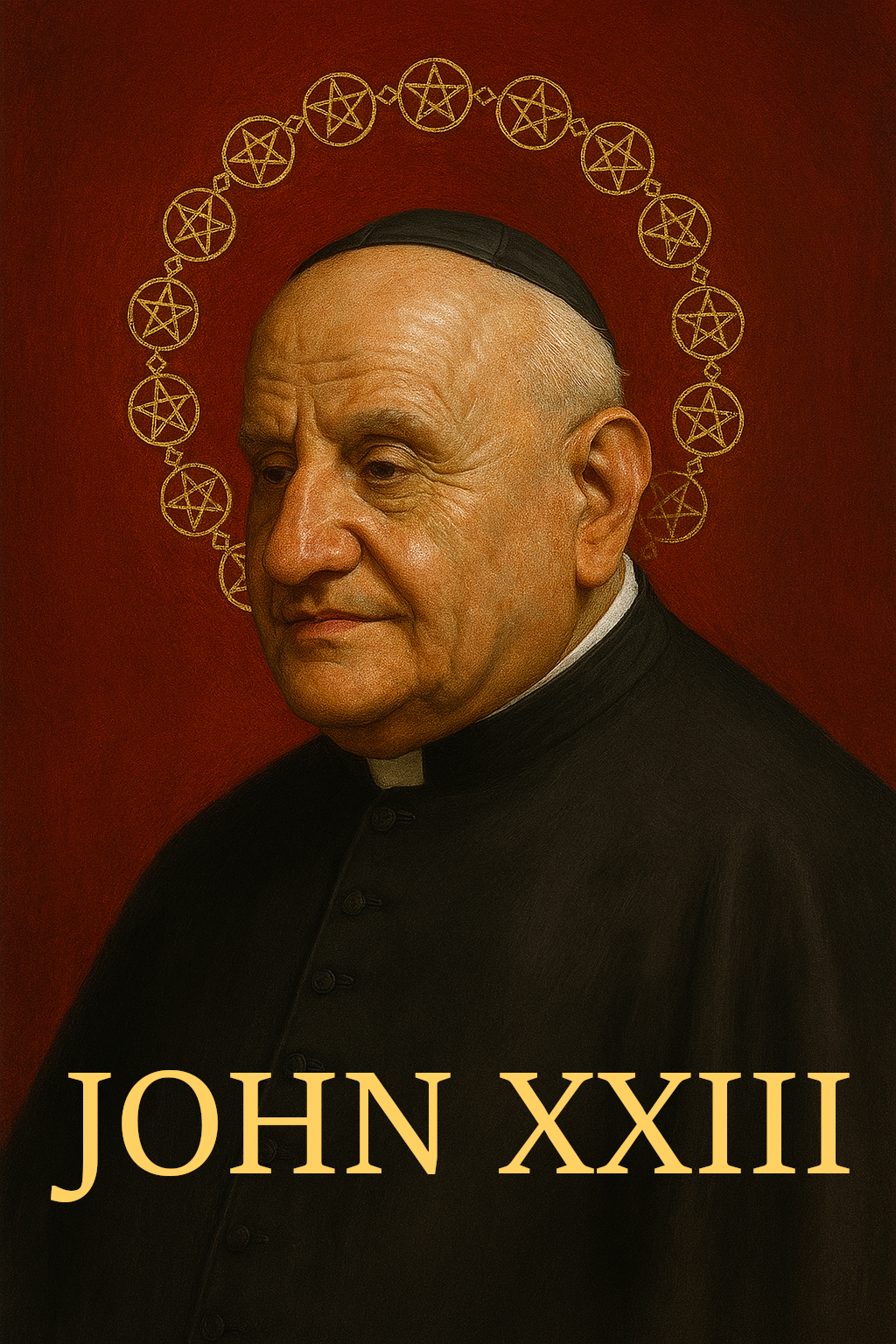
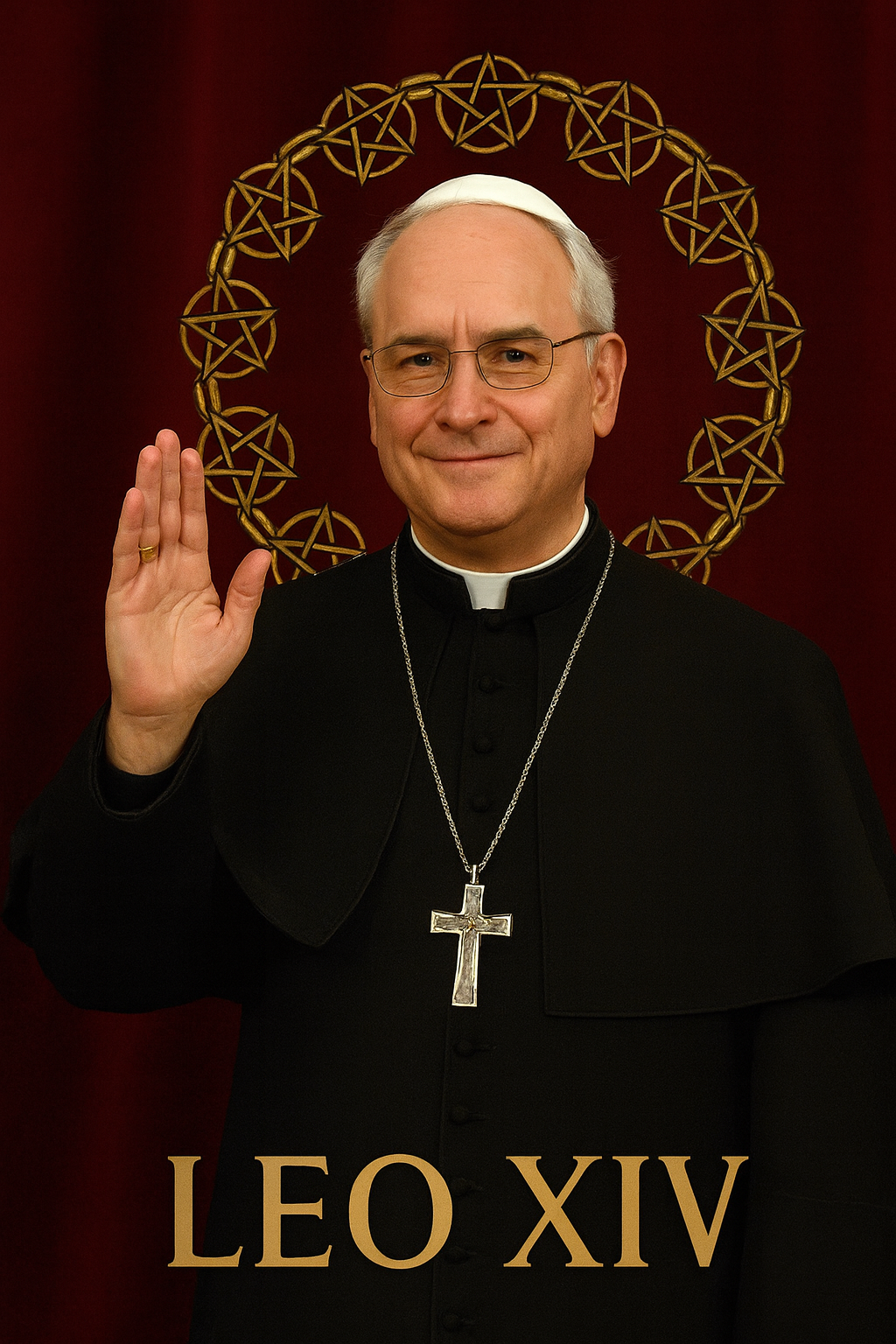


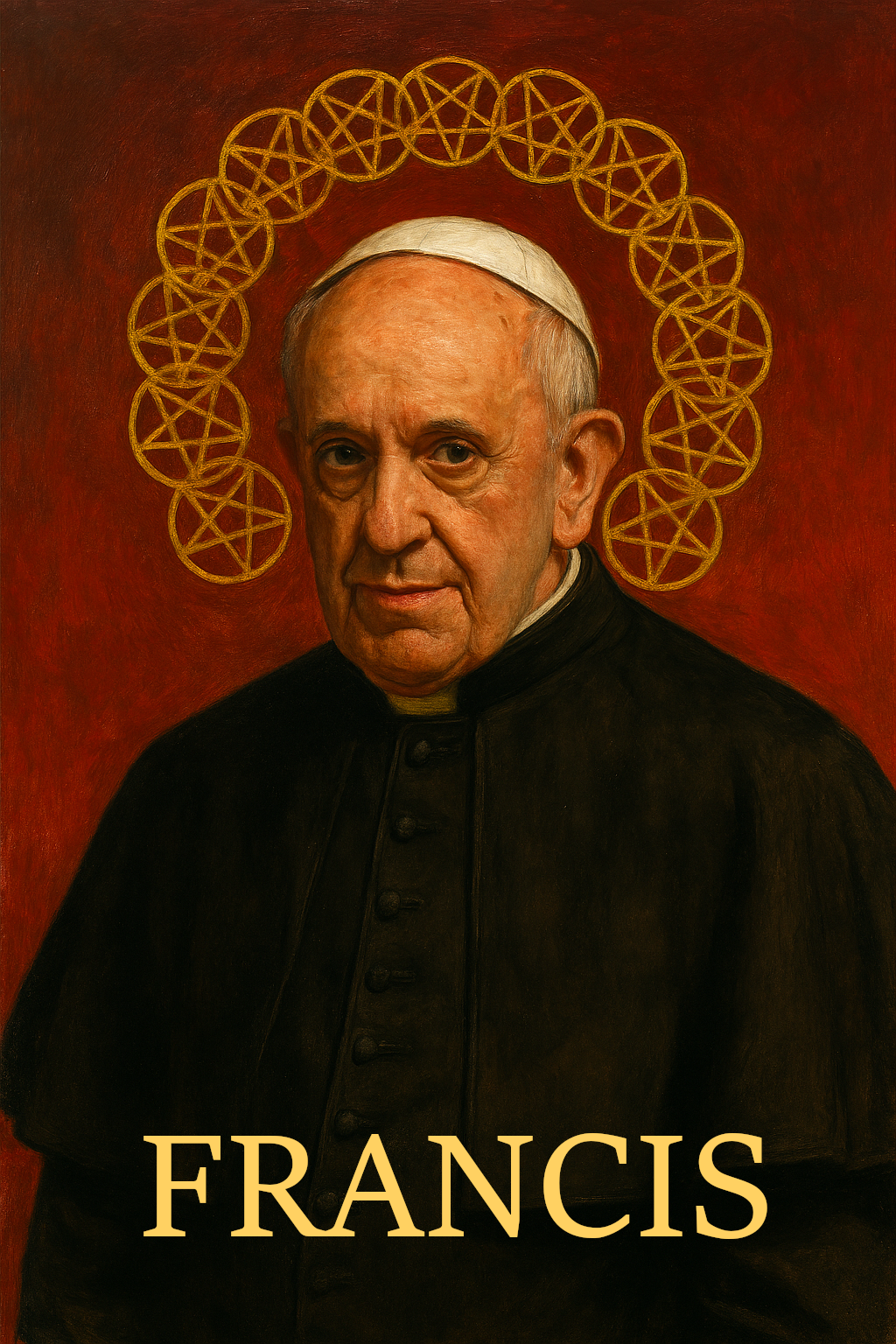


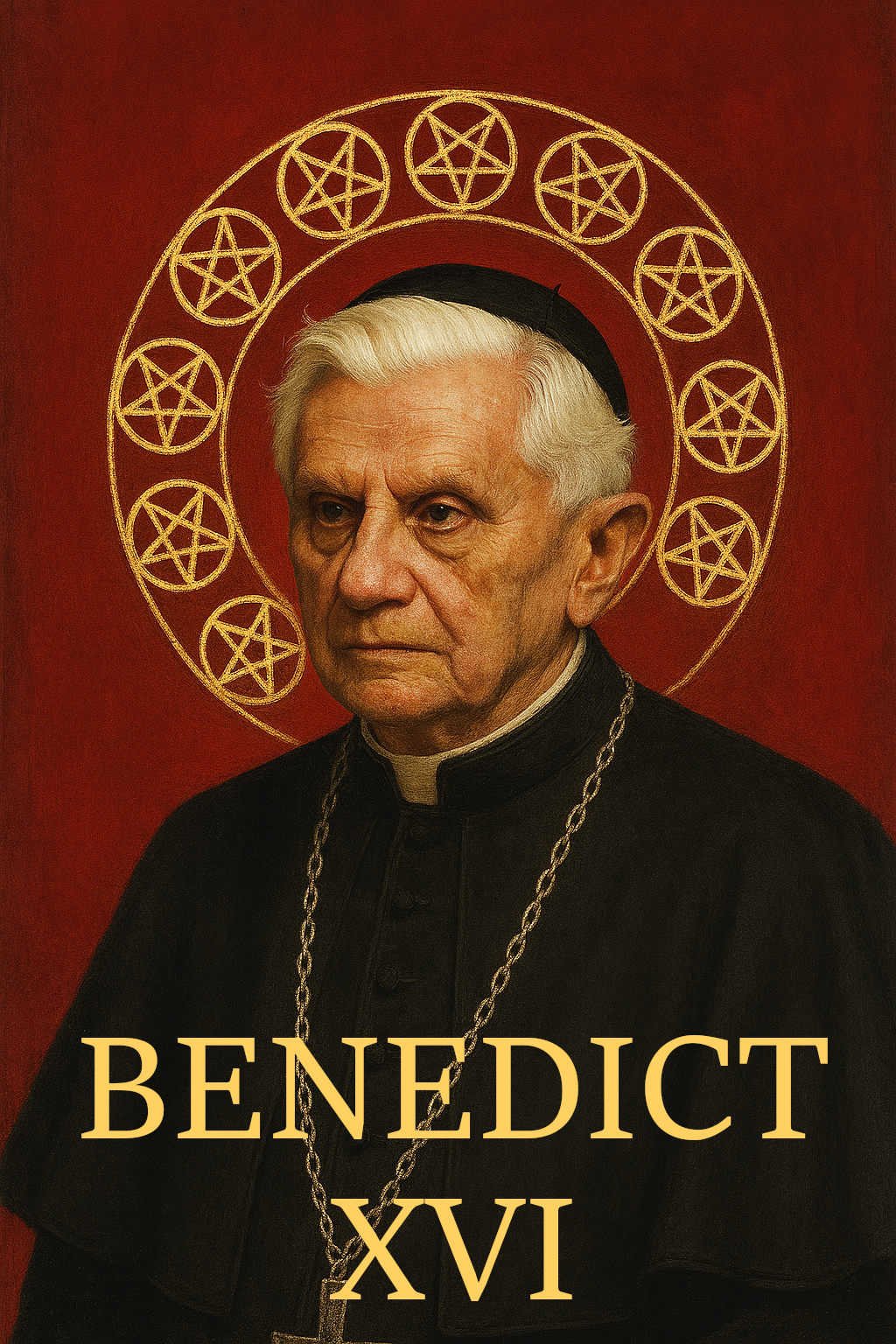


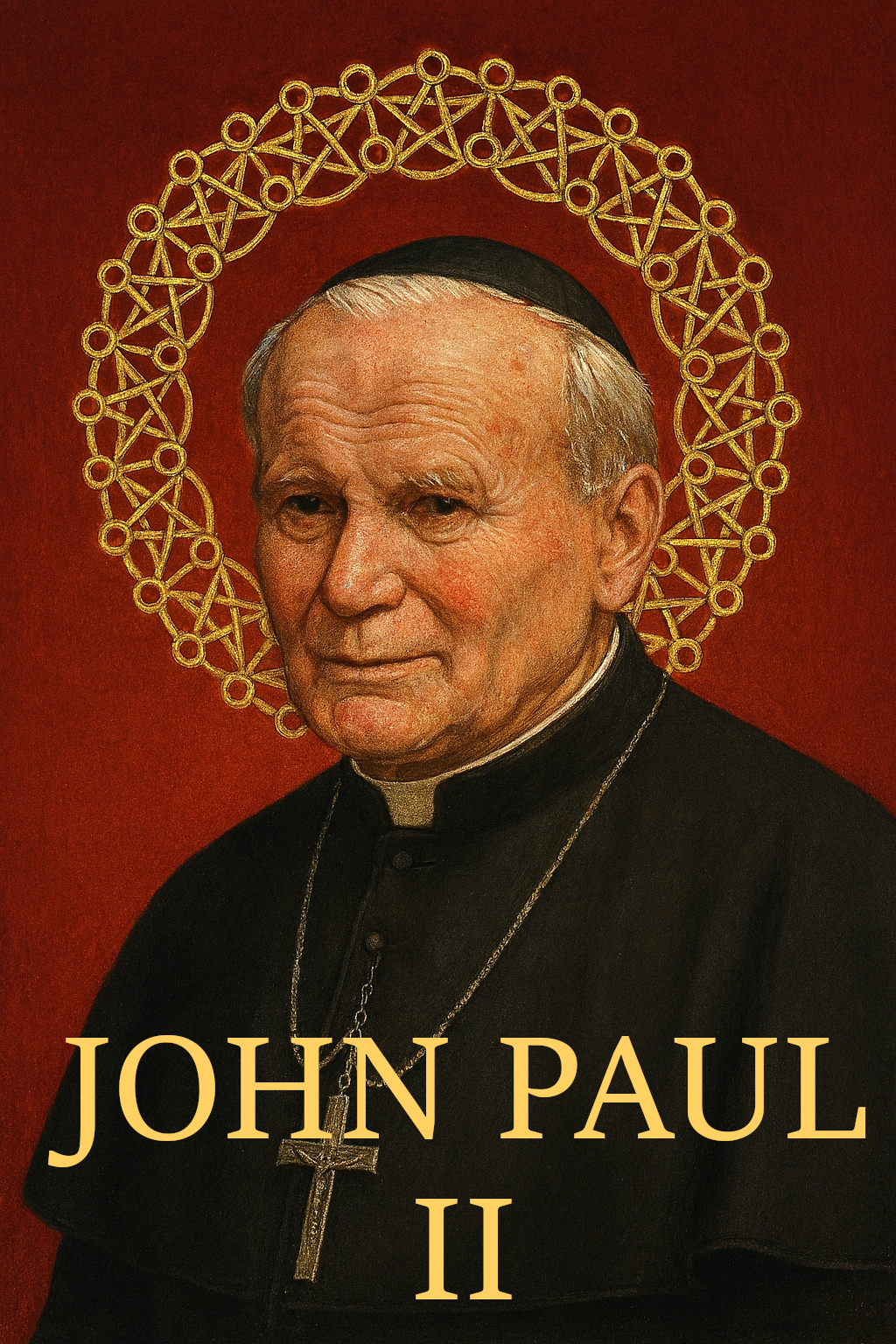


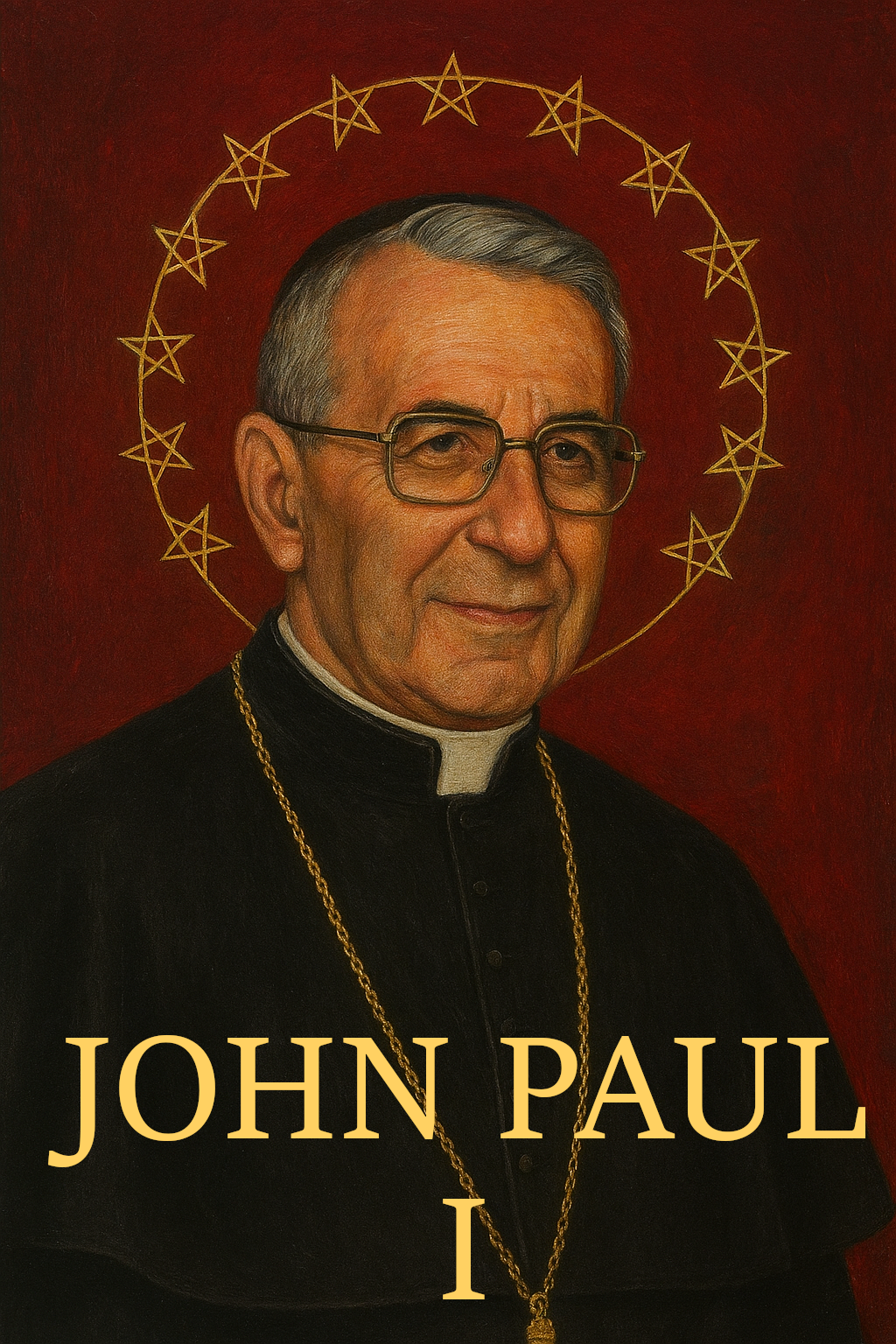


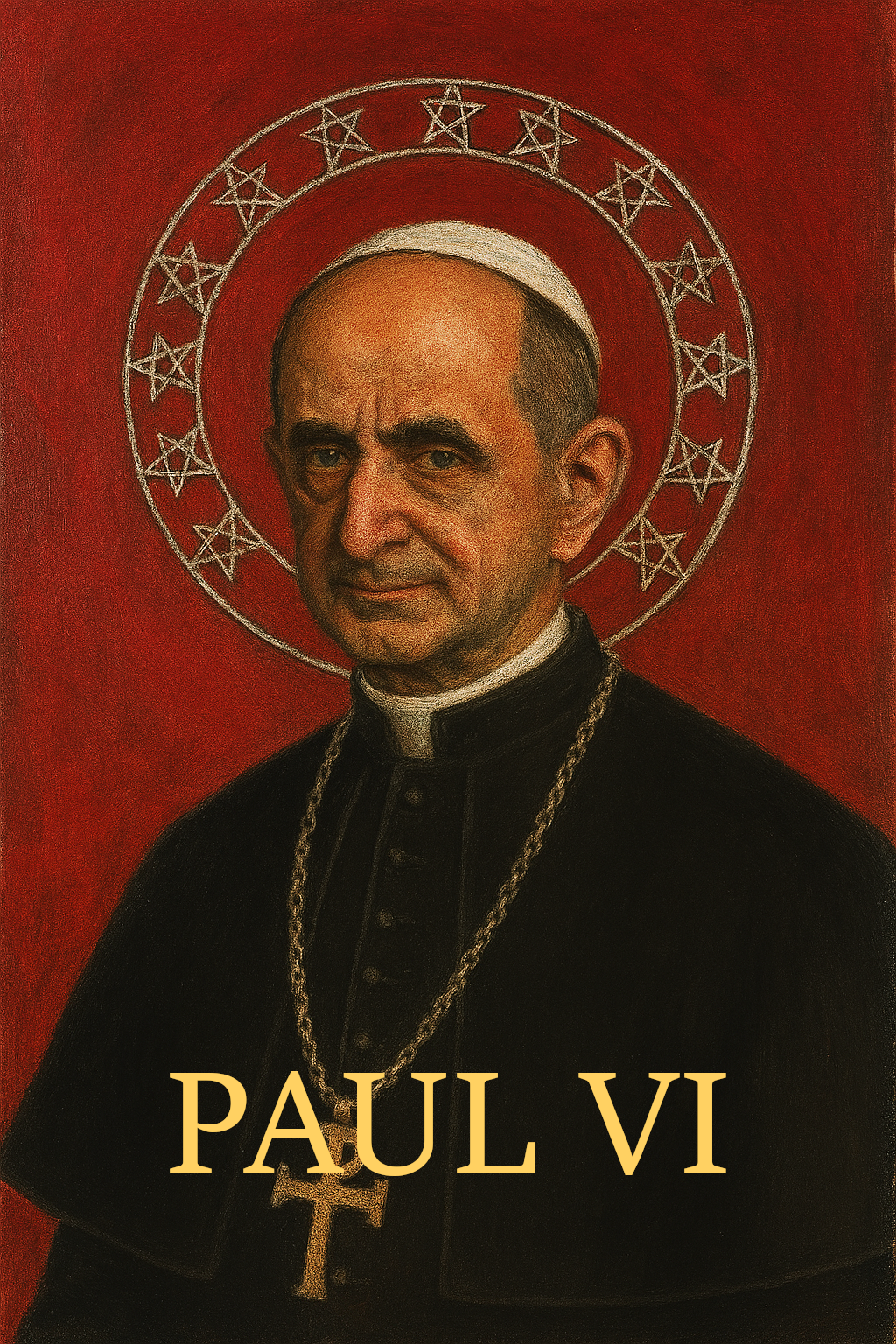


Timeline of this heretical pontiff
Encyclical Letters
+ 15 posts1959
+ 7 posts1961
+ 4 posts1962
+ 2 posts1963
+ 2 postsApostolic Exhortations
+ 3 postsApostolic Constitutions
+ 93 posts1958
+ 6 posts1959
+ 87 postsMotu Proprio
+ 15 posts1958
+ 1 posts1959
+ 1 posts1962
+ 11 postsApostolic Letters
+ 151 posts1958
+ 4 posts1959
+ 63 posts1960
+ 78 posts1961
+ 1 posts1962
+ 4 posts1963
+ 1 postsSpeeches
+ 99 posts1958
+ 2 posts1959
+ 26 posts1960
+ 29 posts1961
+ 16 posts1962
+ 24 postsMessages
+ 6 posts1959
+ 4 postsHomilies
+ 4 postsLetters
+ 152 posts1958
+ 1 posts1959
+ 48 posts1960
+ 32 posts1961
+ 31 posts1962
+ 30 posts1963
+ 10 postsNot categorized
+ 1 posts1958
+ 1 postsNews feed
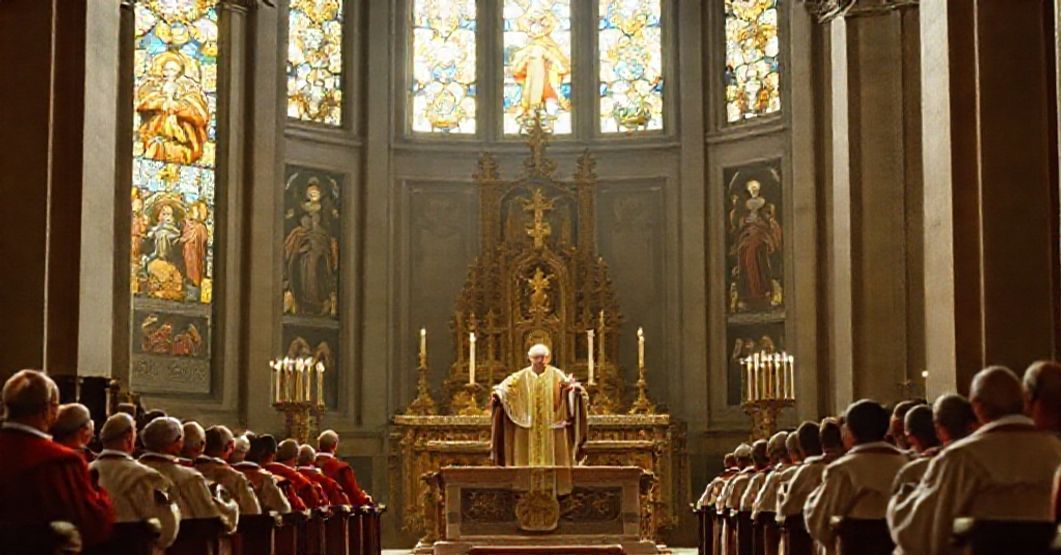

Sollemnis Romanae Synodi inchoatio (1960.01.24)
The allocution “Sollemnis Romanae Synodi inchoatio,” delivered by John XXIII in the Lateran Archbasilica on 24 January 1960, presents his theological and pastoral program on the eve of the so‑called Roman Synod and in explicit connection with the announced “ecumenical council” that would become Vatican II. He recalls the apostolic Council of Jerusalem, surveys the history of ecumenical councils up to Vatican I, glorifies the conciliar mechanism as an engine of aggiornamento, introduces the Roman Synod as a paradigmatic diocesan event, and outlines broad areas for “renewal” in doctrine, discipline, liturgy, pastoral practice, and formation, under the invocation of the Holy Spirit and with emphatic appeals to unity, “pastoral” adaptation, and spiritual optimism. The entire discourse, while draped in traditional vocabulary, functions as a rhetorical smoke‑screen preparing the systematic subversion of immutable doctrine and discipline in favor of the conciliar sect’s naturalistic, humanistic, and ecumenical agenda — a calculated abuse of conciliar and patristic language to sanctify apostasy.
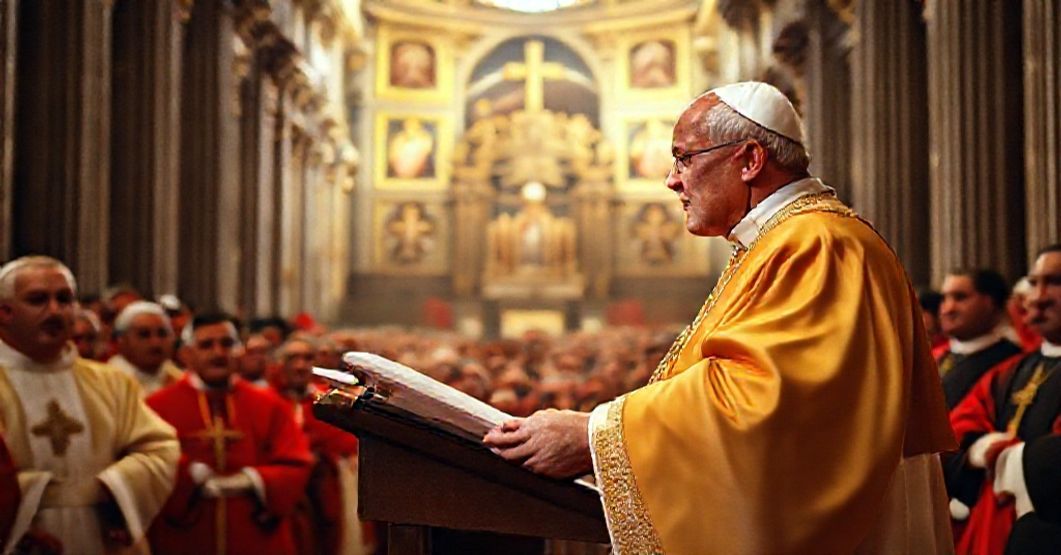

Ioannes XXIII (1960.01.24) Allocutio Synodi Romanae: Program of Conciliar Subversion
Vespers, 24 January 1960, the Lateran Basilica: Giovanni Roncalli, already publicly recognized as John XXIII by the conciliar sect, inaugurates the Roman diocesan synod and ideologically links it with his announced “ecumenical council.” He rehearses the standard narrative of councils from Jerusalem to Vatican I, glorifies the institutional self-confidence of modern Rome, and presents the Synod and the coming Council as instruments for “updating” discipline while ostensibly preserving doctrine. Under devout biblical and patristic coloring, he proposes a new pastoral program in which ecclesiastical structures and norms may be re-shaped to meet “the needs of the times,” allegedly without touching “the immutable truth of the Lord.”
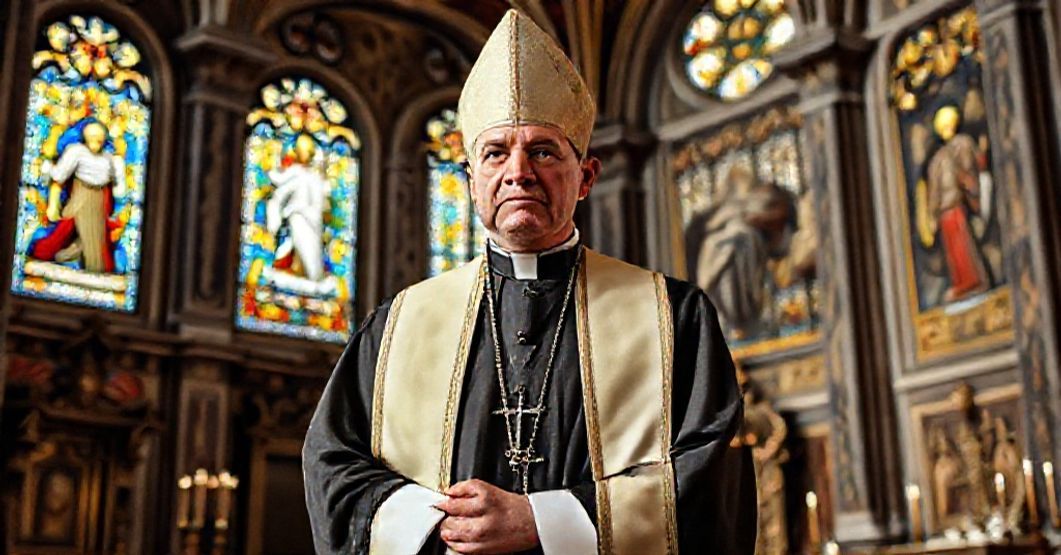

Allocutio Ioannis XXIII (1959.12.14)
The text is a Latin allocution of the usurper John XXIII at a secret consistory on 14 December 1959. It self-congratulates the nascent conciliar regime for pilgrimages, political visits, cultic events, and announces new members of the so‑called College of Cardinals, while preparing the ground for the Roman diocesan synod and the future “ecumenical council,” presenting these as signs of the Church’s “youthful vigor” and global openness. In reality, this speech is an early programmatic manifesto of the neo‑church: a sentimental, naturalistic, diplomatically modernist script that replaces the Kingship of Christ with humanist pacifism and lays structural foundations for the impending revolution against the integral Catholic faith.
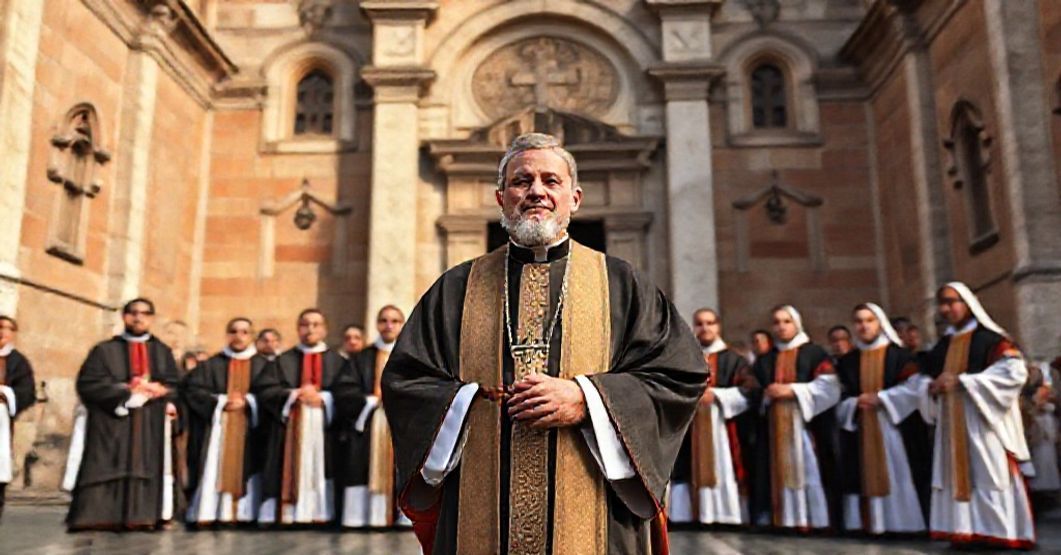

Allocutio Ioannis XXIII ad Collegium Teutonicum (1959.10.13)
In this allocution of 13 October 1959 to current and former members of the Teutonic College of Santa Maria dell’Anima in Rome, Angelo Roncalli (John XXIII) commemorates the centenary of Pius IX’s apostolic reorganization of the institution, praises its past alumni—especially ecclesiastics who served the Church and civil society—and exhorts present and future residents to cultivate learning, virtue, piety, fraternity, and a cheerful, hospitable community life, crowned with a general blessing.
Varia
Announcement:
– News feed –implemented
– Antipopes separate web sites with their all documents refutation – in progress
